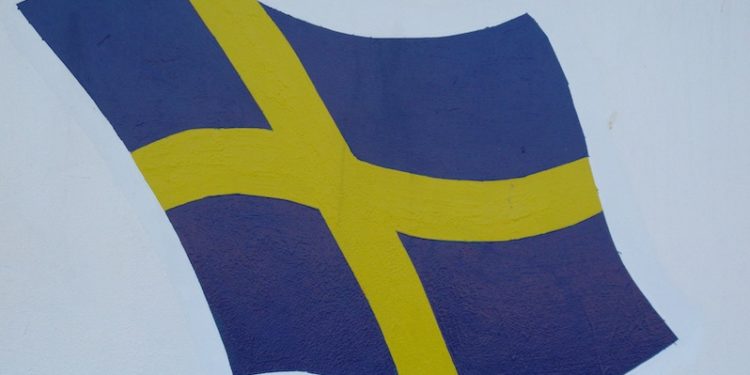The leading article in Swedish fishermen’s newspaper Yrkesfiskarna suggests that the right balance in finding a fisheries management system is when most people are a little dissatisfied.
Sweden’s demersal fisheries are currently anticipating a switch to annual quotas, replacing the present regime of weekly quotas, and so far there it no certainty of what the new system coming into play at the beginning of next year will look like. As Yrkesfiskarna points out, the antiquated system of weekly quotas does not align comfortably with today’s conditions, in particular the requirements of the Landing Obligation, and the Swedish Agency for Marine and Water Management’s new arrangements will come into force next year.
Yrkesfiskarna suggests that there should be a consultation on the outline of the new system and that it is hoped that it will provide opportunities for those who are seeking to invest, alongside as far an allocation of quotas as possible.
As Yrkesfiskarna points out, designing such a system is not the easiest thing to do, stating that at the risk of sounding dull and negative, a successful balance sees as few people as possible standing out in any direction and nobody disadvantaged by the changes being made.
The point is also made that as part of the long-term work being done, POs should be shouldering more of the work of management responsibility, with producer organisations being responsible for ensuring that quotas are neither overshot nor left uncaught.
According to Yrkesfiskarna’s leading article, the hope is that there will be a management regime for demersal fisheries that is fair, capable of providing good conditions for fishermen wanting to invest in fishing, and with a management structure that gives POs shared management responsibilities for quotas and swaps, to give Swedish commercial fishing the conditions it needs too operate successfully under.









